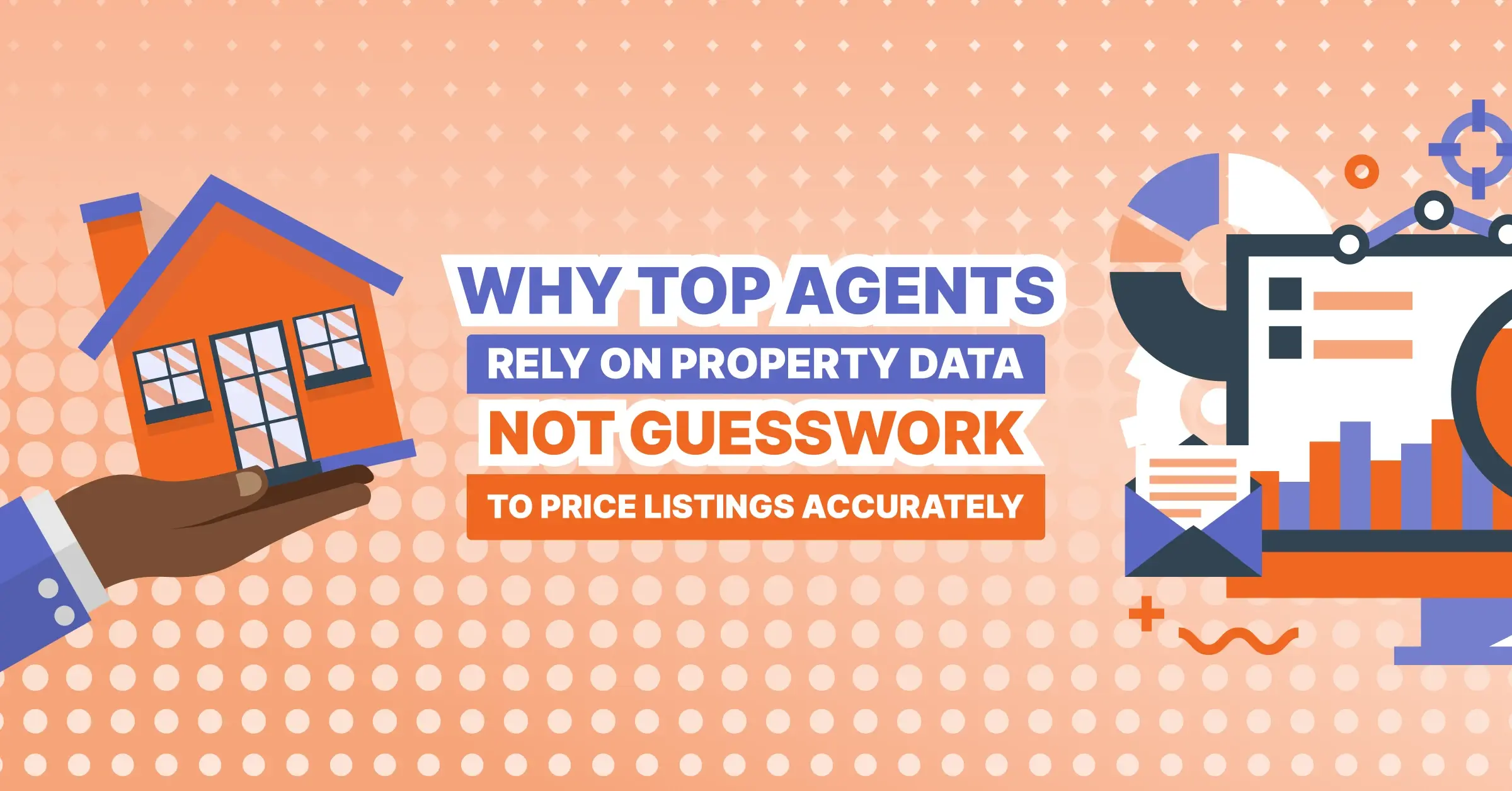Disclaimer: PropStream doesn’t offer legal advice. We recommend researching your local real estate laws and consulting a legal professional before doing business as a real estate agent.
Becoming a real estate agent can be exciting, but to set yourself up for success, you must understand agent regulations. Think of the real estate industry as a chessboard. To play, you must know the rules.
Here are the top seven real estate rules and regulations every new agent should know:
Key Takeaways:
🔑 Understanding and fulfilling licensing requirements is the bedrock of a successful real estate career.
🔑 From completing a pre-licensing course to passing the state-administered exam, aspiring agents must navigate the process diligently, recognizing that the total upfront cost and specific requirements vary by state.
🔑 Ethics and disclosure are paramount to a trustworthy and compliant real estate career.
1. Licensing Requirements
You must get your real estate license before you can work as a real estate agent. Licensing requirements vary by state, but most require completing a pre-licensing course, passing an exam, and completing continuing education courses. Additionally, real estate agents must typically be at least 18 years old and have a high school diploma.
In the pre-licensing course, expect to learn about real estate agent duties, laws, ethics, professionalism, best practices, and more. Courses are usually available online and in person and can take anywhere from 50 to 135+ hours, depending on the state.
Once you’ve completed the pre-licensing course, you can take the state-administered multiple-choice license exam. It tests your knowledge of real estate laws, policies, terminology, and more. It has a national and state-specific portion, and you must pass both to get your license. If you fail, you can retake the exam. However, rules vary by state regarding how soon and how often you can retake it.
The total upfront cost of getting your real estate license ranges from $400 to $1,000+.
Keep in mind that real estate agents must also work under a licensed brokerage at the start of their career. Brokerage requirements vary by state, and many require agents to get a certain number of years of experience as an agent before they can get their broker’s license. However, with a broker’s license, real estate professionals can open their own brokerage.
Important: Research your state's specific licensure requirements before deciding to become a real estate agent.
2. Fair Housing Laws

❗To get a complete understanding of Fair Housing Laws, we recommend performing your own extensive research and/or speaking with a legal professional well-versed in these laws.
In 1968, the federal government passed the Fair Housing Act to protect people from discrimination when buying, renting, or financing a home. The law prohibits agents from discriminating against clients based on their race, color, national origin, religion, sex (including gender identity and sexual orientation), familial status, or disability.
Some examples of potential fair housing violations include refusing to sell a home to someone or setting different contract terms based on someone’s protected identity. Additionally, some states have fair housing guidelines that go beyond federal law.
Agents who violate fair housing laws may face investigation, costly legal battles, and license revocation. To avoid this, make sure to:
- Never assume others’ preferences.
- Let your clients decide the best neighborhood and house for them.
- Never give in to pressure from sellers to discriminate against specific buyers.
- Treat all clients and potential clients the same.
Keep in mind that the federal government also employs fair housing testers, who call random agents pretending to be potential buyers and ask questions to see if the agent will break fair housing laws.
3. Disclosure Regulations
One of the most common legal claims against real estate agents is failure to disclose property information.
As a seller’s agent, for example, you must let buyers and buyer’s agents know about a property’s condition, defects, hazards, repairs, water damage, property lines, pest infestations, missing items, and more. Failure to do so could result in a legal liability.
Some states also mandate specific seller disclosures, such as information regarding potential flood risk or HOA affiliations. Agents who provide incorrect or incomplete property information could face costly legal lawsuits.
4. Contractual Obligations
Real estate agents are also subject to contractual obligations. The two most important contracts for agents are listing agreements and sales agreements.
A listing agreement is a contract between a seller and a seller’s agent. It gives the agent the exclusive right to sell a property and outlines the listing price, duration of the agreement, agent commission, and other terms and conditions.
A sales agreement is a contract between a seller and a buyer, which agents help draft. It outlines the terms of a property sale, including the purchase price, timeline, and any contingencies (e.g., regarding the home inspection and appraisal). Once the contract is signed and all contingencies are met, the seller and buyer must carry out the sale (or risk incurring penalties such as forfeiting earnest money).
As a real estate agent, you must craft robust listing and sales agreements and ensure clear communication and documentation throughout the transaction process to avoid potential backlashes that could hurt your reputation.
5. Fiduciary Duty

Real estate agents have a legal obligation to act in the best interest of their clients, aka fiduciary duty.
These obligations are often summarized by the acronym “OLD CAR”:
- Obedience. You must follow your client’s lawful instructions.
- Loyalty. You must prioritize your client’s best interests above yours or anyone else’s.
- Disclosure. You must share relevant property information with the buyer and buyer’s agent.
- Confidentiality. Unless the client or a judge instructs otherwise, you must keep your client’s personal information confidential during and after the property sale.
- Accounting. You must keep accurate records for all money and property involved in a transaction, such as earnest money deposits.
- Reasonable Care. You must use reasonable care and diligence when handling your client’s business.
Agents must also be careful not to participate in a dual agency—representing the buyer and the seller—unless the state allows it and you are transparent with both parties.
| ⚡ Pro Tip: Dual agency is illegal in eight states: Wyoming, Alaska, Vermont, Colorado, Florida, Maryland, Texas, and Kansas. |
6. Misrepresentation
Real estate agents are also prohibited from making false representations to win business or steer clients toward a particular property.
Some examples of misrepresentation include:
- Telling a homeowner their property is worth more than it is to win a listing agreement
- Not showing a seller client buyer offers that are below the listing price to avoid earning a smaller commission
- Making false claims about a property’s history, zoning, or condition
- Inflating a property’s square footage in the listing description to make a property appear larger
Any misleading statements, concealment of information, false advertising, or forgery could impact you in the form of legal and reputational damage.
7. Environmental Laws
Environmental laws are another regulation real estate agents should consider. These include laws against lead paint, unsafe drinking water, asbestos, and other hazards that could harm homeowners.
To avoid putting your clients and the local environment at risk, stay on top of relevant federal and state environmental laws and ensure every sale involves a home inspection.
Some examples of environmental legislation include the Comprehensive Environmental Response, Compensation, and Liability Act (CERCLA), the Clean Water Act (CWA), and the Clean Air Act (CAA).
Start Your Real Estate Career Prepared
Starting a real estate career can be daunting. But once you get a handle on the rules and regulations that govern the business, you’ll be one step closer to becoming a successful agent.
Of course, there’s much to do once you get your real estate license, and learning about relevant agent regulations is just the beginning.
| To find your first deal faster, consider PropStream. It’s a comprehensive real estate database with over 155 million property records. Get your free 7-day trial today! |



